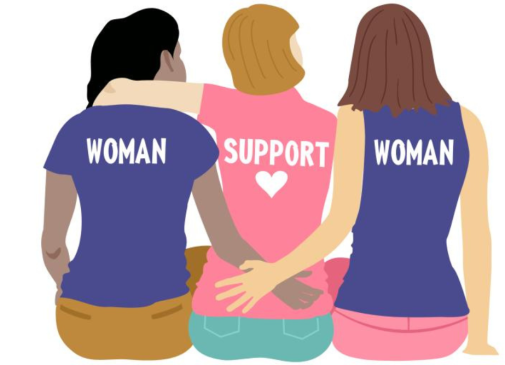
Sometimes, a heavy flow is just a heavy flow –– but other times, abnormal bleeding and irregular periods can be caused by uterine fibroids. Fibroids, also known as leiomyomas, are common, non-cancerous tumors that form in or on the uterus. Women of reproductive age are at greatest risk, and the majority of women develop fibroids by the age of 50.
If you have fibroids, you are likely no stranger to heavy or abnormal bleeding. Abnormal bleeding is anything outside of your menstrual cycle, if your flow is significantly heavier than normal, or if you experience any re-occurrence during menopause. This type of bleeding by itself doesn’t always indicate a serious condition, but it’s often linked to uterine fibroids.
If you have uterine fibroids, you may notice these symptoms:
- Heavy, prolonged periods lasting 10+ days
- Irregular bleeding
- Pelvic pressure or pain
- Frequent urination or difficulty emptying the bladder
- Constipation or other intestinal issues
- Back or leg pain
- Difficulty getting pregnant
- Bloating or protruding belly
Why Is My Period Abnormal?
When it comes to menstruation, what is normal for your period can be very different than what is normal for someone else. It can be extremely difficult to know if your flow is considered heavy, since this is subjective and hard to compare to others. Also, there are many factors that influence length, heaviness, and frequency. If you are wondering “why do fibroids cause heavy bleeding and clots?” you may need fibroid treatment. Pay attention to your period to be aware of any ongoing health conditions or alarming symptoms.
Blood Loss from Fibroids and Anemia
In addition to the loss of blood cells from the body, heavy bleeding can lead to iron deficiency — causing reduced bone marrow and worsening the degree of anemia. Be sure to address fibroids and low iron with your doctor by asking about an iron supplement for fibroids and discussing ways to avoid severe anemia due to fibroids. Iron supplementation can boost the body’s ability to make more red blood cells.
When to Worry: Irregular and Heavy Periods
Having an irregular period can be confusing and alarming. Everything was fine for so long, why are you now experiencing problems? As we go through different stages of life, hormone levels change. The change in hormones often causes changes to menstruation as well. Irregular periods can be normal, simply indicating an ongoing hormonal transition in your body. Uterine fibroids can cause a lot of pain and discomfort to those diagnosed. Pay close attention to your period and address anything abnormal immediately. You shouldn’t always assume your period symptoms are normal.
Share Your Story
If you are experiencing heavy, irregular periods, or you’ve already been diagnosed with fibroids, we are here for you. Fibroids are very common, affecting millions of women every year in the US. As Fibroid Fighters, one of our main goals is to raise awareness about the effects of fibroids and help other women get educated about their treatment options. If you have already had fibroid treatment, we would love to hear your story. Sharing your fibroid experience with us can be a great way to help inspire other women to finally get the relief they have been searching for.







